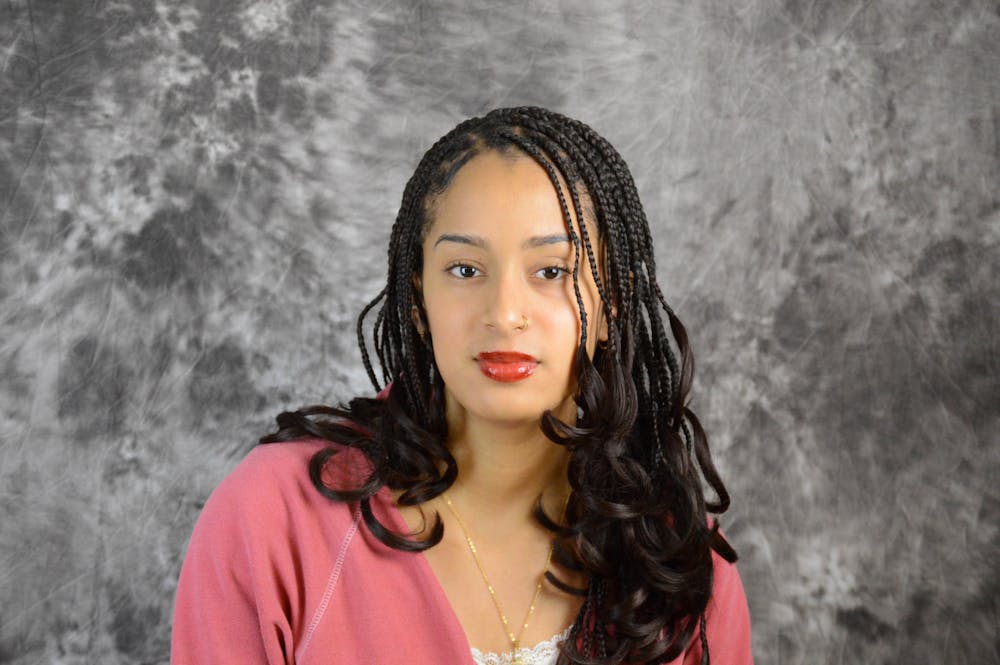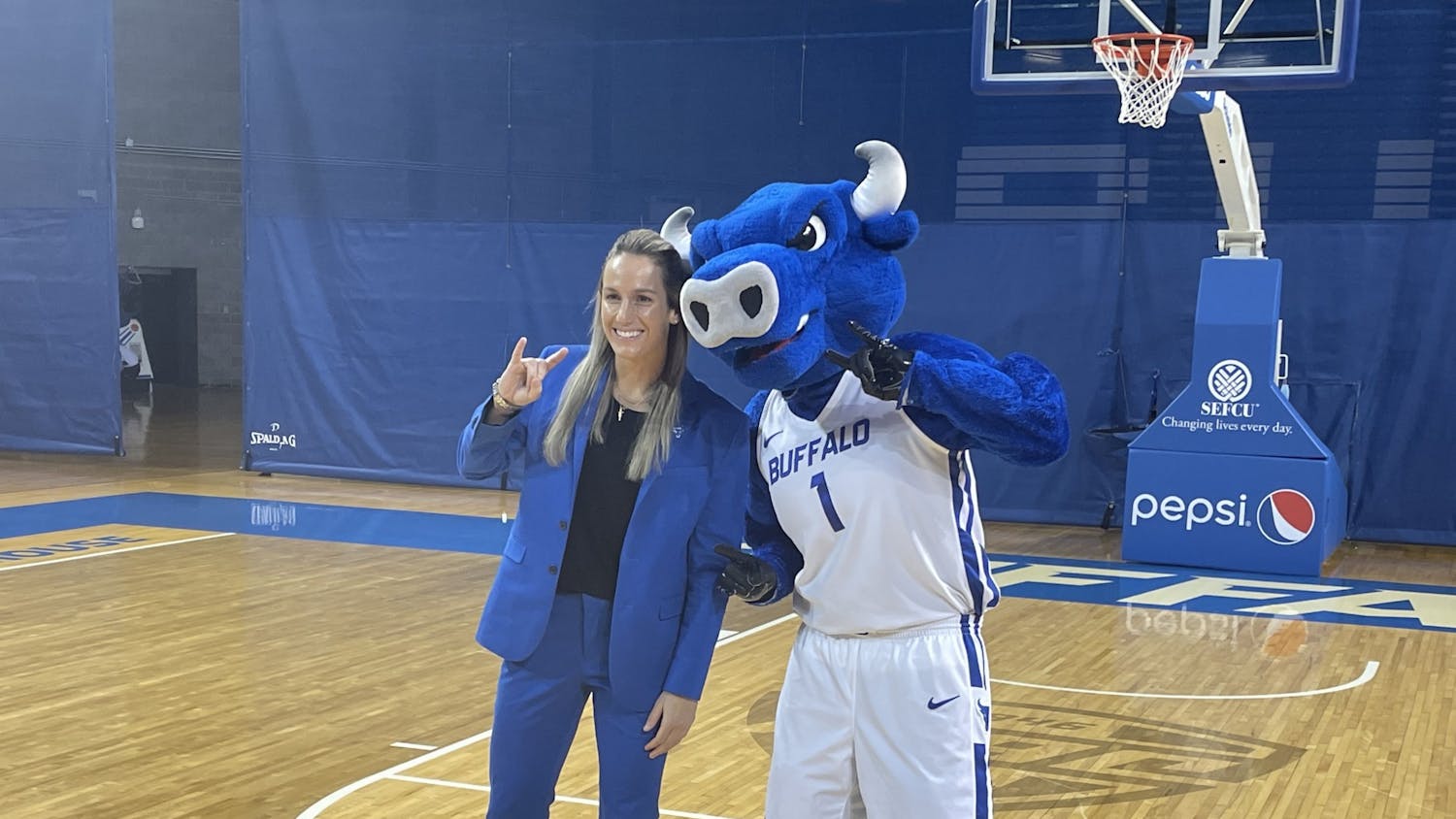Following the discriminatory statements made by Tony Hinchcliffe, the Latino community has been shaken ahead of the 2024 presidential election, particularly the Puerto Rican community.
As a Dominican American with a family who sought financial and political stability by moving to the island of Puerto Rico to start a better life, I am left baffled and enraged. Puerto Rico, like many islands that have been colonized by the United States, has been left with deeply rooted issues. I thought about my family in Cabo Rojo and San Sebastián, who till this day suffer from the traumas left from our very countries absence and the catastrophe of Hurricane Maria.
The island of Puerto Rico has suffered tremendously, and it's not because of comments like these. It's because these comments resurface numerous issues in the community.
Following Hurricane Maria in 2017, President Trump visited Puerto Rico. But rather than showing empathy for the catastrophe that claimed about 2,975 lives, he tossed paper towels at those desperately seeking aid—assistance essential for the recovery of thousands.
His actions highlighted his true intentions and a troubling lack of compassion and understanding in a time of critical need. P.R. still suffers from the catastrophes of the loopholes America has caused and although the energy country is still unrecovered in several places, affecting them physically and mentally, the island rises despite all they have suffered.
On Tuesday, I voted despite feeling fear because I remembered that several of my loved ones do not get the privilege to do so, and choosing not to do so would be blocking the voice of my community, the voice of the hard-working Latinos in America that need to be heard. Several decades ago the granted privilege I have now to vote was impossible, as an Afro-Latina.
After speaking to my 77 year-old Dominican grandmother Santa Pimentel this morning, she explained how important it was for me to speak up with my vote saying, “Aunque nosotros no somos puertorriqueños, tenemos familia allá y somos una familia; tenemos que apoyar a nuestros vecinos.”
In English, this translates to, “Even though we are not Puerto Rican, we have family there, and we are one family; we must support our neighbors.” She became a citizen two years ago after being in the U.S. for nearly 30 years.
The Latino community’s vote is essential because we are at the turning point of history in the United States.
The administration shapes policies, affecting immigration, healthcare, education and economic opportunities—issues that are impacting the Latinx community at large, and my loved ones directly.
When we don't vote, our voice is silenced, risking the reversion of several policies that oppressed us during the Trump Administration.
The possible rollback of DACA is in effect once more, putting young immigrants at risk of losing their ability to live, work and study here, pulling away at the American dream for those dreams to grow cold.
It also includes cuts to programs that provide healthcare, housing and educational support—programs our families rely on.
For Puerto Rico, the lack of agency and care has led to inadequate disaster relief and insufficient support in rebuilding efforts on the island, where people still live under inhumane conditions with no proper access to safe water or water in general, and the lack of energy in their communities. The island’s recovery and future depend on leaders who value Puerto Rican lives and prioritize real investments in infrastructure, healthcare, and education of us Latinos.
For those of us who are part of the first generation of immigrant families, it's heartbreaking knowing that this election could deeply impact our loved ones, my loved ones.
I have family members still fighting for their right to stay in this country, and voting means having a voice in their future—and in ours. It’s not just a ballot; it’s a way to stand up for the security and dignity of the people we care about, paving the road for our future generations and so on.
The opinion desk can be reached at opinion@ubspectrum.com





